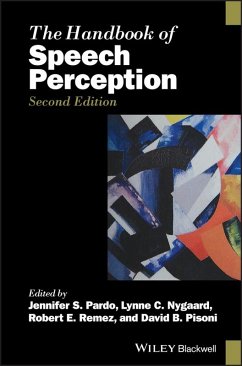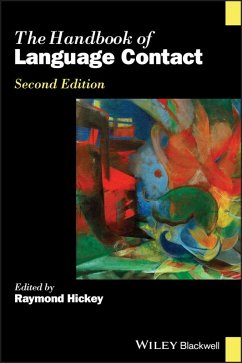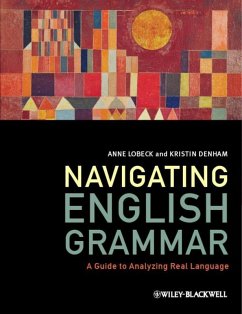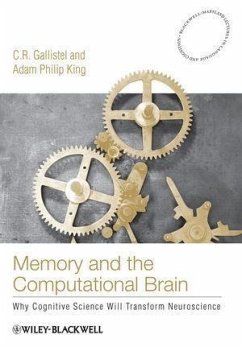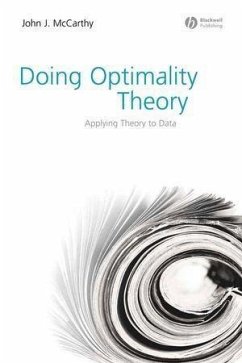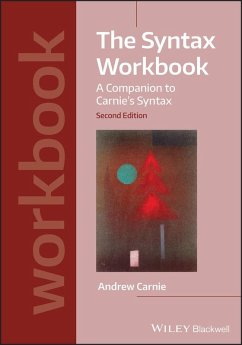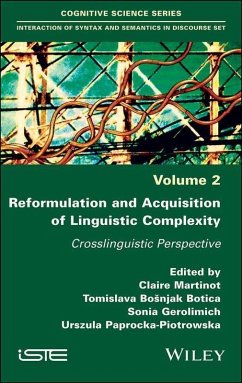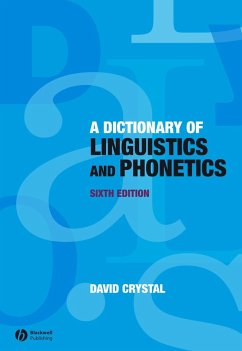
Language in Cognition (eBook, PDF)
Uncovering Mental Structures and the Rules Behind Them
Versandkostenfrei!
Sofort per Download lieferbar
89,99 €
inkl. MwSt.
Weitere Ausgaben:

PAYBACK Punkte
0 °P sammeln!
This textbook explores the ways in which language informs the structure and function of the human mind, offering a point of entry into the fascinating territory of cognitive science. Focusing mainly on syntactic issues, Language in Cognition is a unique contribution to this burgeoning field of study. * Guides undergraduate students through the core questions of linguistics and cognitive science, and provides tools that will help them think about the field in a structured way * Uses the study of language and how language informs the structure and function of the human mind to introduce the majo...
This textbook explores the ways in which language informs the structure and function of the human mind, offering a point of entry into the fascinating territory of cognitive science. Focusing mainly on syntactic issues, Language in Cognition is a unique contribution to this burgeoning field of study. * Guides undergraduate students through the core questions of linguistics and cognitive science, and provides tools that will help them think about the field in a structured way * Uses the study of language and how language informs the structure and function of the human mind to introduce the major ideas in modern cognitive science, including its history and controversies * Explores questions such as: what does it mean to say that linguistics is part of the cognitive sciences; how do the core properties of language compare with the core properties of other human cognitive abilities such as vision, music, mathematics, and other mental building blocks; and what is the relationship between language and thought? * Includes an indispensable study guide as well as extensive references to encourage further independent study
Dieser Download kann aus rechtlichen Gründen nur mit Rechnungsadresse in A, B, BG, CY, CZ, D, DK, EW, E, FIN, F, GR, HR, H, IRL, I, LT, L, LR, M, NL, PL, P, R, S, SLO, SK ausgeliefert werden.



